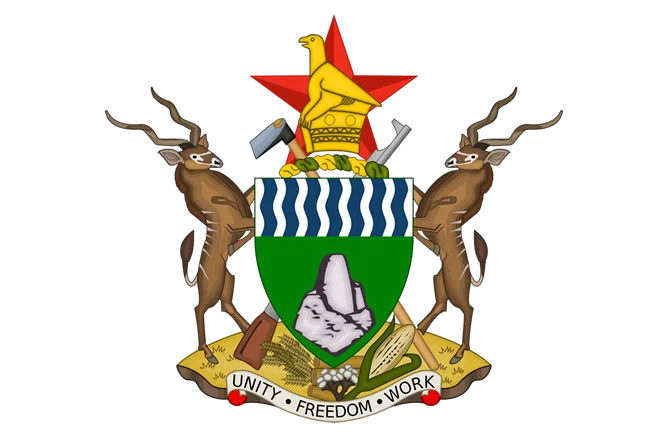Harare, (New Ziana) – Zimbabwe’s education sector, long regarded as one of the strongest in the region, is entering a new era as schools across the country undergo major technological upgrades aimed at improving learning outcomes and strengthening digital skills among students, the government has said.
Posting on its National Development Strategy 1 (NDS1) handle on X, the Government said in Matabeleland South, several village schools have begun rolling out an ambitious “paperless and chalkless” initiative, a move officials say will modernize classrooms and better prepare learners for a rapidly evolving digital world.
”Zimbabwe’s education sector is indeed notable, with a strong network of schools across the country. The upgrades to these schools, incorporating technological advancements, will likely have a significant impact on the quality of education,” said the Government.
It said tablets, interactive boards, and e-learning platforms are gradually replacing exercise books and chalkboards, marking a significant shift in rural education.
Educators and community leaders say the benefits are already becoming clear. Digital tools are enhancing students’ technological literacy, exposing them to skills essential in the 21st-century workplace.
At the same time, pupils now have access to a wider range of learning materials, from digital textbooks to interactive lessons that would otherwise be out of reach in remote areas, said the government.
By reducing reliance on paper and other consumables, schools are contributing to sustainable development efforts aimed at lowering waste and minimizing the ecological footprint of traditional teaching methods.
The upgrades are the result of a growing partnership between the government and mining companies operating in the province.
Through these public-private collaborations, companies are investing in educational infrastructure, supplying digital equipment, and supporting teacher training programmes.
Officials say the cooperation is demonstrating how industry can play a constructive role in community development.
”The collaboration between the government and mining companies operating in the province is a great example of public-private partnerships driving development and benefiting local communities. These initiatives will likely contribute to improving education outcomes and equipping students with the skills needed to thrive in the modern world,” said the Government.
Parents and teachers alike believe the changes signal a transformative moment for rural education. With improved resources, modern classrooms and strengthened digital literacy, students in Matabeleland South are better positioned to succeed in an increasingly technology-driven economy.
As Zimbabwe continues to modernize its education system, the developments in these village schools stand as a promising example of how innovation — backed by collaboration — can broaden opportunities for learners and uplift local communities.
New Ziana



